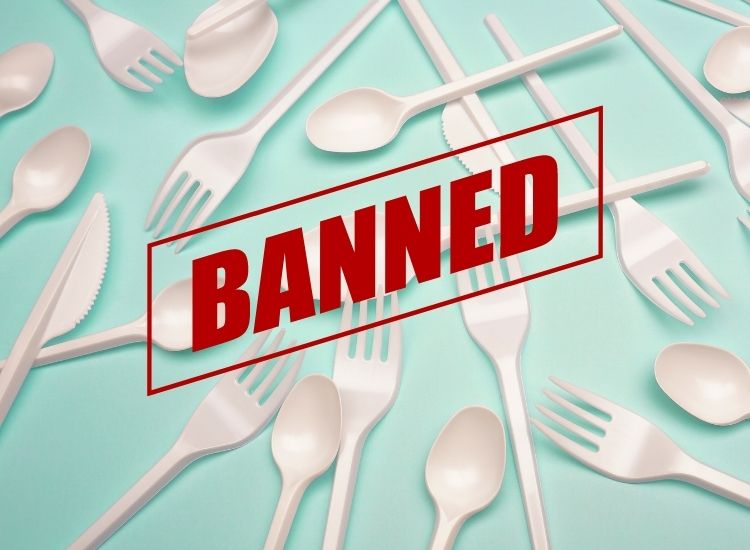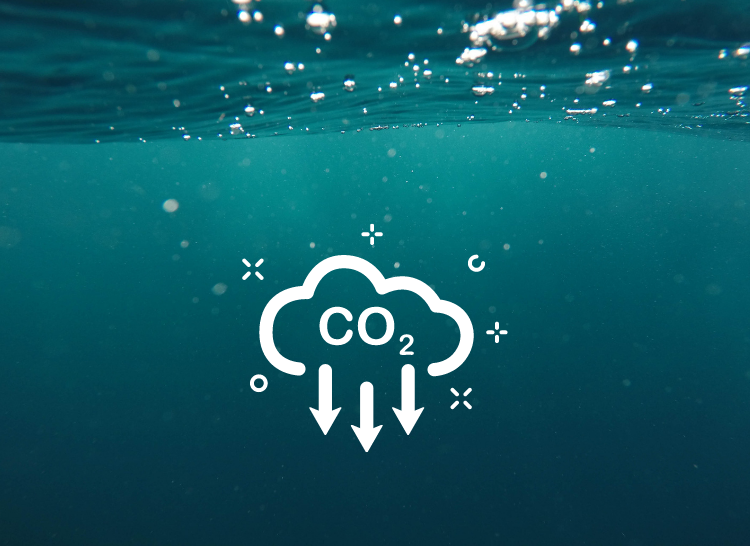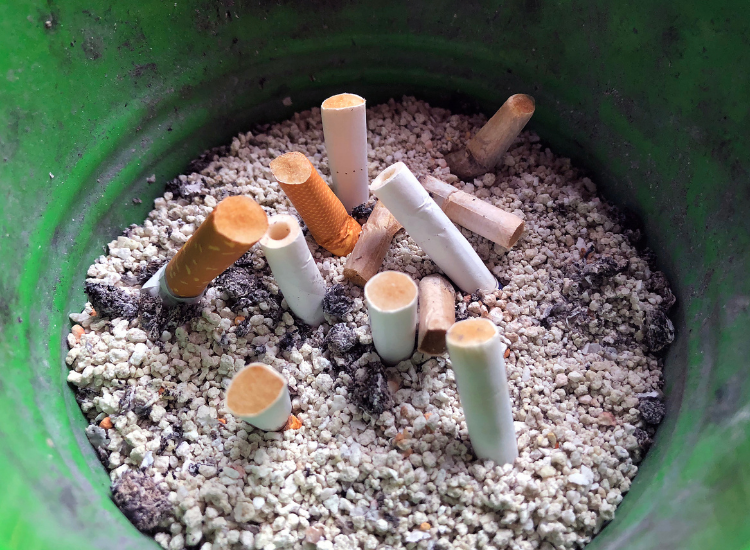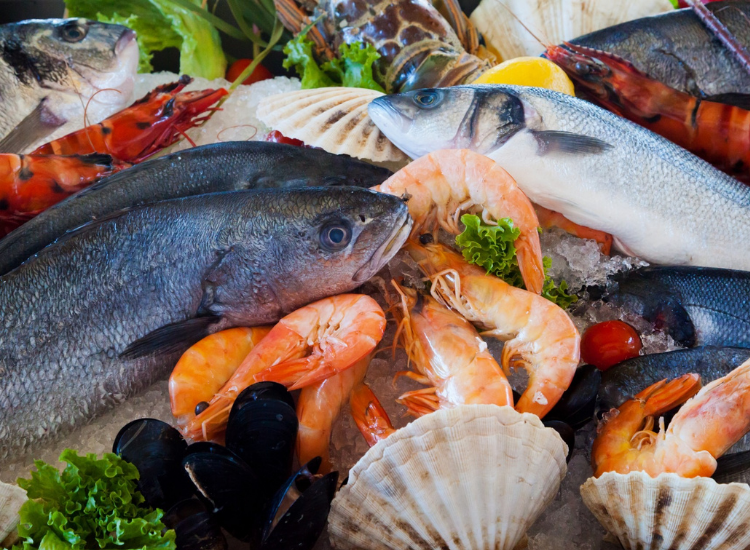
How important is the ocean to our lives? Here are a few interesting facts you may not know:
- It provides us with half of the oxygen we breathe. That’s right, over half of the world’s oxygen comes from the ocean.
- It absorbs 50 times more carbon dioxide than our atmosphere.
- It regulates our climate and weather patterns. With 71% of the Earth’s surface covered by oceans, it transports heat from the equator to the poles.
- Over 10,000 compounds have been extracted from marine environments for medicine we use to fight cancer, arthritis, Alzheimer’s disease, and heart disease.
- It is a major source of food for the world. As of 2018, 143.8 million tonnes of seafood were consumed each year, and each year that number continues to rise.

How can each of us take small actions to protect the ocean? It’s simple…
Cut back on single-use plastics.
According to Oceana, a non-profit organization with a mission to protect our oceans, “an estimated 17.6 billion pounds of plastic leaks into the marine environment from land-based sources every year—that’s roughly equivalent to dumping a garbage truck full of plastic into our oceans every minute. And plastics never go away!”
Ways to cut back on single-use products:
- Take reusable bags when you go shopping (including for fruits and vegetables)
- Take your own container when you go get takeaway rather than using single-use takeaway containers
- Opt-out of single-use cutlery when you order takeaway or delivery
- Bring your own cup the next time you order a cup of coffee
- If you’re having a big party, rent tableware and cutlery rather than purchasing single-use
- Take reusable cups, plates, and cutlery on your next camping trip or gathering
- Say no thank you to straws (the plastic ones)

Never release balloons into the air.
As fun and exciting as it is to watch the beautiful colors escape into the vast sky, curb your urge to release balloons into the sky. What goes up, must come down. Instead, pop your balloons and throw them into the trash. It’s a small action you can take to protect the ocean.
Balloons often end up in the ocean where animals swallow them by accident causing a blockage in their digestive tract or they can get entangled in their strings.

Save Energy, Reduce Acidity in the Ocean.
We have been hearing for years about the negative consequences of carbon dioxide on the environment, but did you know that it also is creating another crisis in the ocean? The uptake of carbon dioxide from the atmosphere is resulting in an ongoing decrease in the pH value of the Earth’s oceans. This is referred to as “ocean acidification.”
Much of the world’s carbon dioxide output is a result of energy production. In 2020, 1.55 billion metric tons of emissions were produced through the generation of electricity by the electric power industry in the United States alone. The good news is that we can all easily do our parts to save energy and reduce these emissions. Turning off lights when you leave the room, not running the air conditioner with the door open, turning off the water when you’re brushing your teeth or shaving, running a shorter cycle on your washer and dryer, and walking instead of driving are just a few simple things you can do to save energy and protect our oceans.

Properly dispose of cigarette butts
Cigarette butts are the main source of ocean pollution – more than plastic wrappers, containers, bottle caps, eating utensils, and bottles, combined. Why are cigarette butts such a challenge?
- There is no way to recycle cigarette butts
- The sheer numbers – an estimated 1.1 billion people around the world smoke which means 136,000 cigarette butts are discarded every second.
- What’s inside – cigarettes contain approximately 4,000 different chemicals including tar, nicotine, heavy metals, etc. When cigarette butts end up in the ocean, those chemicals – many of which are carcinogens that cause cancer – end up contaminating the water.
- They stick around for a long time – because the main component of the cigarette filter is cellulose acetate, a plastic that takes over a decade to break down.

If you eat seafood, eat responsible seafood.
Seafood is a main source of protein for people around the world with over 143 million tons of seafood consumed globally based on the 2011 baseline information reported. So, it is important not only to protect the Earth’s largest ecosystem but also this important food source for us humans. We can do this by eating sustainable seafood. What is sustainable seafood? Sustainable seafood is seafood that is caught or farmed in a way that considers the long-term vitality of the harvest species and the well-being of the oceans, as well as the livelihoods of fisheries-dependent communities.
According to the United States Department of Commerce’s National Oceanic and Atmospheric Administration in order for seafood to be considered sustainable it must comply with the following management plan:
- Consider social and economic outcomes for fishing communities.
- Prevent overfishing.
- Rebuild depleted stocks.
- Minimize bycatch and interactions with protected species.
- Identify and conserve essential fish habitats.
If your local grocery store doesn’t have sustainable seafood, make a request to show your interest and support.




